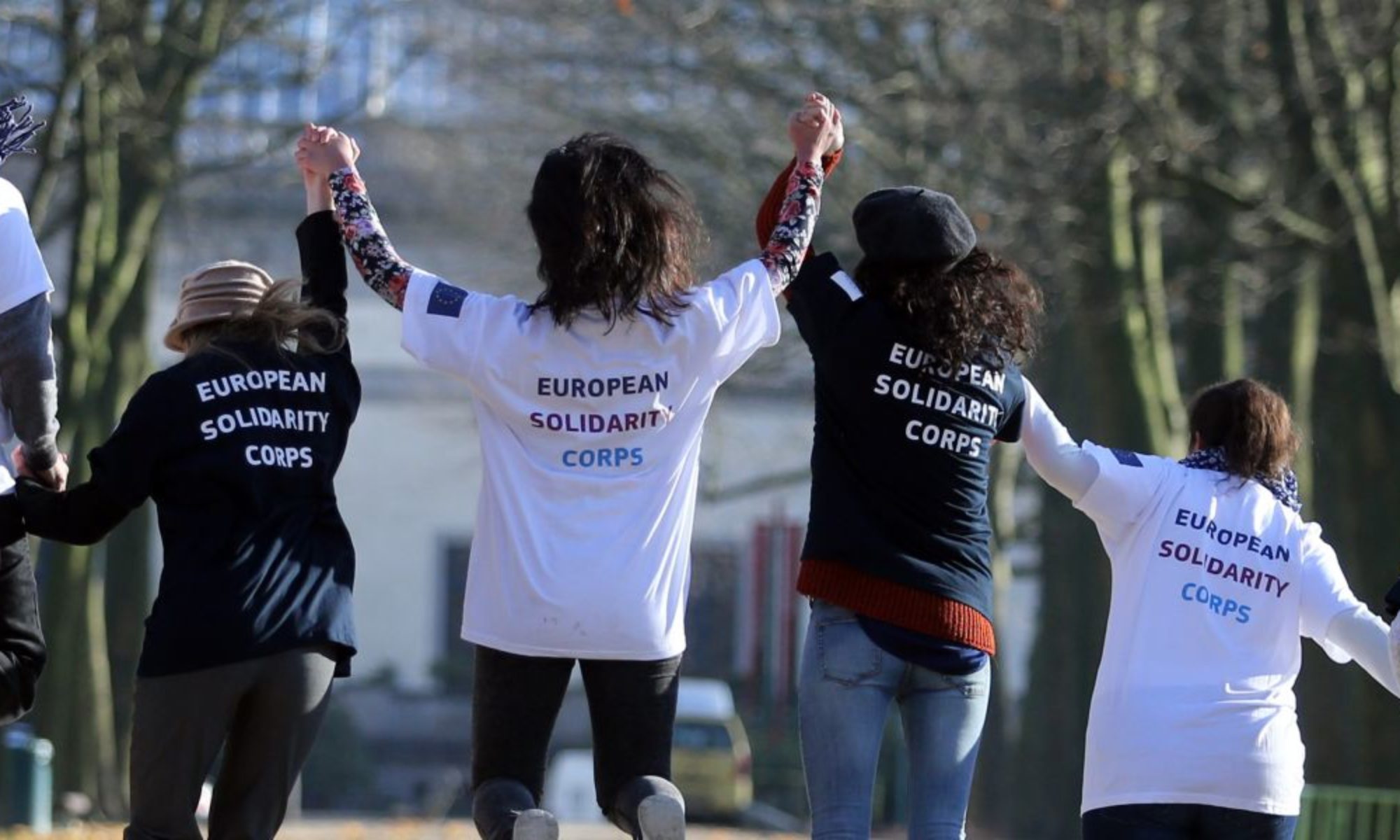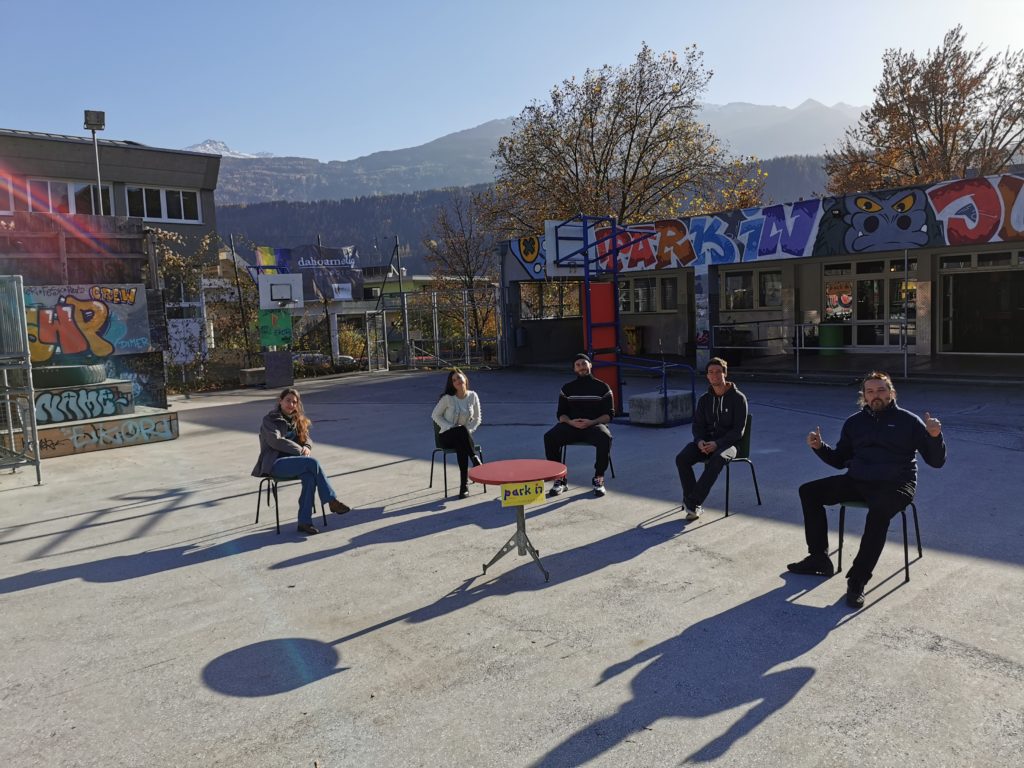Now we now ourself, now we learn from courses, books and other cultural references; It is time to let our mind go. In this post, I will give you some tips to start to write. Writing is a creative way to use the computer and calm your mind. Yes, writing is a good exercise to balance your mind and emotions! Let’s go to the tips.
Genre
First of all, you must stablish what would you like to write. Some people start directly to the topic, because they had an idea. That’s perfect! But some others have difficulties to know how to focus on a direction or maybe they come up with no ideas. So this is a good start if you don’t have ideas. Also, knowing about the structure can help you to develop your story.
- Poetry: Do you feel introvert or you have words to express your feelings and the beauty? Poetry is based on the music and the whole art essence. This genre gives you a lot of freedom and the creativity is really rewarded. Exactly, you can be abstract, classic or just what you want! There’s almost no rules in modern poetry. The two mains are prose (the most narrative) and verse (the short sentences we all know).
- Theatre: Probably the most complicated structure but the easiest to read in my opinion. This genre takes a lot of realistic situations, so a common story or anecdote is the perfect theatre. Play with the enviroment and imagine that you would have to performance the plot. That can be hard or really easy. But here’s the difficult: theatre has a strong structure. First, we divide the story in “acts”; You can say, every important event is divided in acts. Then, the “stage directions” are the second most important thing in theatre; They are the actions and the enviroment, a guide to the reader to know what is going on. And finally and the most important to me, “dialogues”. There are theatre with no dialogues and theatre with no enviroment/actions, but this is the center of the interaction between characters. There are three basic stories: comedy (happy story with happy ending), drama (hard story with happy ending) and tragedy (hard story with hard ending).
- Novel: The most famous of all! Some people believe that novels are the easiest way to write a story and the most favourite lecture. There are a lot of genres to write in novel: romantic, fantasy, Science Fiction, thriller, drama… There’s no limits! You just need to combine the story telling of the action, descriptions and dialogues. This is similar to the theatre, but longer and “more abstract”. This is literally that statement from the people: “Start writing something!”.
Story
Now you know what genre do you want to try, it’s time to structure your idea. Even in poetry we follow a narrative! The classic is divided in “introduction” where we introduce the characters and the plot, the “heart” where the whole story happens, and the “ending” where everything is solved and come to an end. If you are used to or you want to try more models I give you three mores. The flashback structure is the same as the previous one, but we write shorts stories between the main story to explain the past; This is very common in films, isn’t it? The “In media res” is a weird sentence to write a we-start-in-the-middle-of-the-action novel. Then where is the introduction if we start from the heart? It can be next to explain how the characters ended up in the middle of the story, or it can be after the ending. This can give you a different opinion of what you felt with the ending and making it thrilling… And finally, the “in extremis” writing. You start literally from the end. Thus you have a reason to explain what happened or just the story before the main character is about to end the story. Confusing? Imagine to start a film where a hero is about to kill a dragon. Before the final cut, he tells the story until he finally cuts the head.
Characters
Yes, your story must have characters. Watch out! We didn’t say people. Your characters can also be animals like the fairy-tales or emotions/concepts like Inside Out. You need a protagonist (someone who moves the story) and antagonist (someone who has stablished the conflict). The protagonist can be a hero, a villain, an antihero between hero and villain… And the same for the antagonist. The synergy between these two create the perfect plot. You can see that Superman is the opposite to Lex Luthor, but you can also see that Iron-Man and Captain America in Civil War they were fighting besides they are two heroes.
Secondly, the are the side-characters or secondary characters. Here’s my first recommendation: even if they don’t look important to the story, good side-characters made a complete story. In essence, the side-characters focus on the minimun develop of the story and the relationship between the protagonist and the antagonist. Giving more importance to the side-character than the mains characters is a big mistake, be careful! They can be friends, slaves that obey the main character, masters to teach the characters… You can think in Han Solo from Star Wars, Mushu from Mulan or Gandalf from The Lord of the Rings.
Finally, there’s another sort of character: the third-character or the enviromental character. Literraly the extras in a film. They just give you the consecuences of the actions that the main and side characters did. They do not work on the story at all.
Extra things
These can be called the “context”. You must think in time: Is it irrelevant? If it is relevant, in which period of our human-history would you place it? Does it combine past and future? There are no correct answers. You can make a story without telling when takes on; You can make it in a right/hypothetical past or what you think the future can be if something happens; Or you can combine times: knights with guns, armoured troglodytes, romans cowboys…
Then place it in somewhere. It can happen in simple places like a house or really complex world that you imagined. This place can be realistic. For example, you want to make a story in Paris, in Austria or in Europe. The place can be fictional. This means that it is a place we all know, but you changed something. Did you imagine samurais in Africa? Mayans in Middle-Age in Europe? Austria is flat?! And finally, the place can be imagined. This means that you create lands, rivers, mountains, cultures, religions, economies, societies, languages… This is the most interesting and the most difficult. It takes time but you will enjoy if you like to imagine. Again, there’s no limits!!
Final tipps
Did you enjoyed? Do you have an idea now? Don’t worry, this is something that you must enjoy. Do not call it “work”. Use these 4 pilars to create something that you want the most. Feel free to write, because this is the most beautiful thing that you can make to your mind: imagine like a happy child. Finally, I give you some tricks that I tell you as a writer:
- If you are new on this, try to be the most simple that you can.
- Find a balance between a lot of descriptions and a lack of it. I find this really difficult.
- Do not think that you must sell your novel.
- If you want to publish, ask to a book publisher if they want a new novel before send it.
- Don’t write to sell. You must be original.
- Book publishers read a random chapter, but current readers just the first one so this must have almost everything: characters, plot problem and an appealing action.
- The synergy between protagonist and antagonist will save the worst story.
- Read about the topic and the genre before writing. Previous books will give you an idea of how they develop or structure the story, the context and the characters.
- This takes time, take it easy.
I hope this was useful for you. Now it is your time to create and to forget all your fears. Never stop if you find an idea!
José M. Gómez

